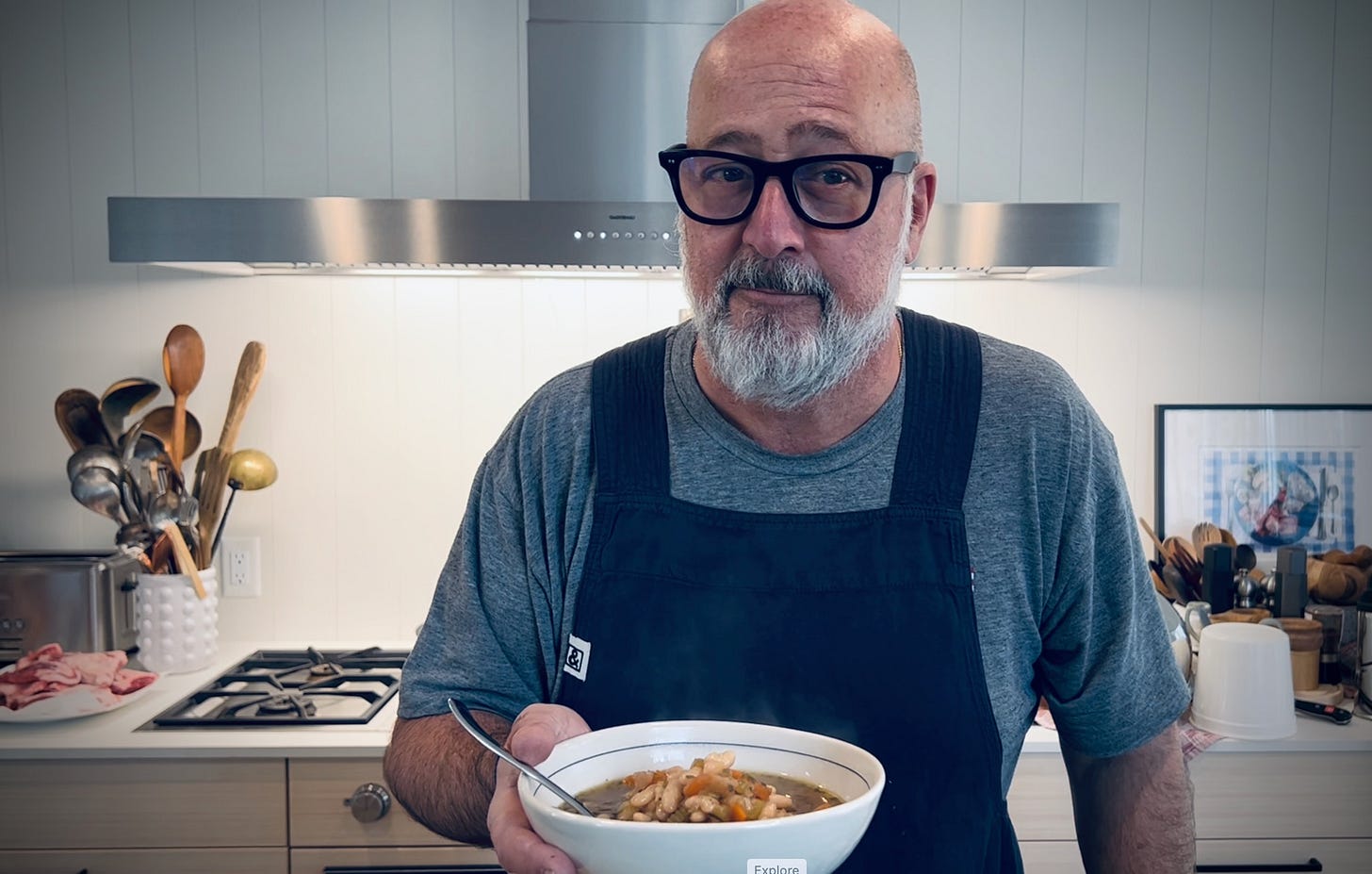Beans Is How! Spilled Milk #97
Here's a recipe for soup that is delicious any time of year. Give me a couple of minutes, and I'll make you a rock star.
It was announced earlier in the week that I was joining the board of directors for an amazing new advocacy group called Beans Is How. The idea: We all need to eat more beans and less of everything else. I’ll join the Bean Science & Innovation Advisory Council’s co-chairs and a trans-disciplinary council of experts, along with some really serious folks I can’t wait to work with, to ensure our communication and advocacy strategy sits firmly on trusted, evidence-based discipline.
Over the past few months, Beans Is How has grown to a 40-member strong coalition of partners, and 14 members of its Science & Innovation Advisory Council. So it was time to launch the Bean Board, whose combined expertise and guidance will bring this campaign to the next level, growing its influence and increasing strategic connections.
Why, you may ask? Good question.
Beans Is How celebrates the benefits of beans and other pulses as one of the most nutrient-dense foods. On average, 100 calories of beans packs about 7 grams of protein (compared to 2 grams for rice or corn tortillas) and 7 grams of dietary fiber, which is two to three times that of whole grains. Beans have no cholesterol, are low in fat and are rich in micronutrients such as iron and potassium and B vitamins like folate.
Incorporating beans and other pulses into agricultural practices through crop rotation and companion planting improves soil and water quality. Beans reduce the need for synthetic fertilizers due to their ability to convert atmospheric nitrogen into a plant usable form. They are drought-tolerant and use less water than other crops.
Maybe most important, beans and other pulses have been grown around the world for millennia, and many cultures include them in traditional dishes. Beans are ancient wisdom. They’re versatile and can be prepared or incorporated into a variety of foods for breakfast, lunch, dinner, desserts, snacks and even beverages. You can purchase them dry, canned or jarred, and they are shelf-stable and store for long periods of time.
I believe that beans and pulses are a simple complementary solution to some of our world’s most disturbing existential problems. Doing all we can to solve these problems, like hunger and our climate crises are not only a global imperative but our moral responsibility. Beans Is How we can help.
More details about the Bean Coalition and Beans Is How is available on our website.
So, you guessed it, this week’s recipe is all about … BEANS!!
Keep reading with a 7-day free trial
Subscribe to Andrew Zimmern's Spilled Milk to keep reading this post and get 7 days of free access to the full post archives.





